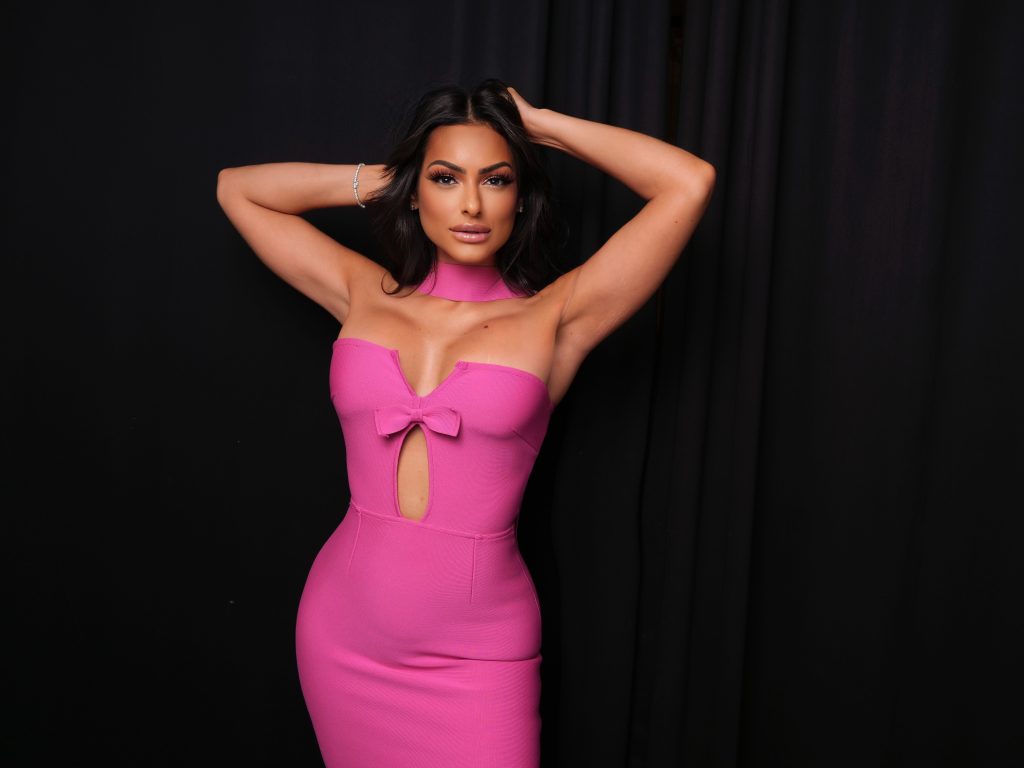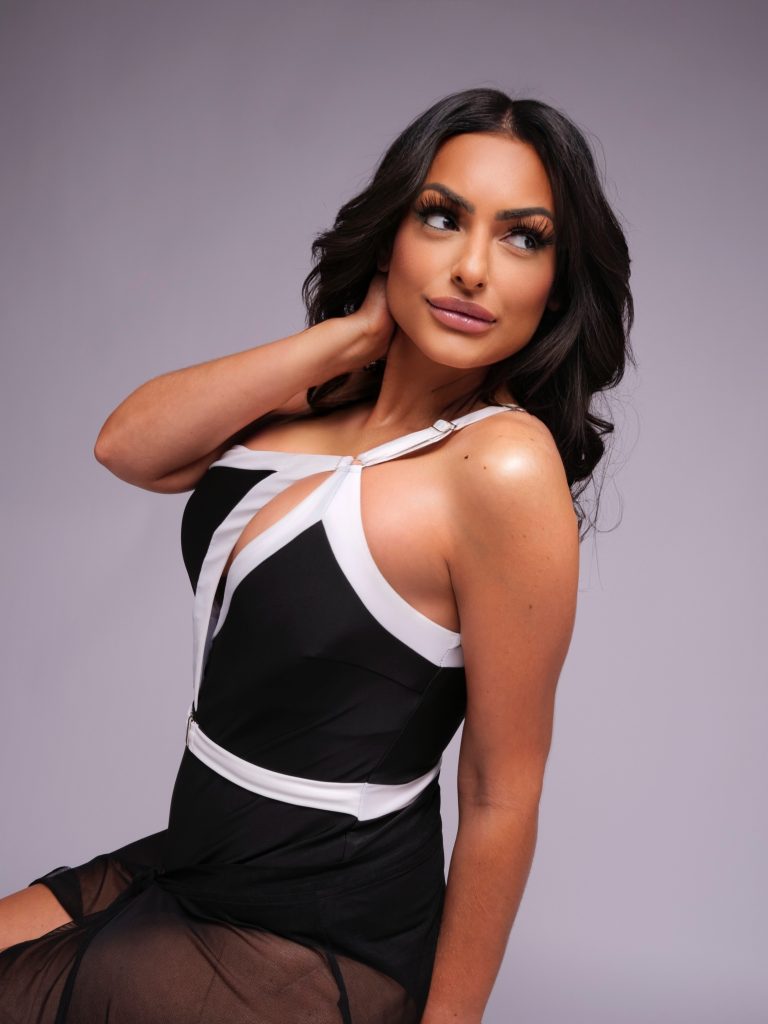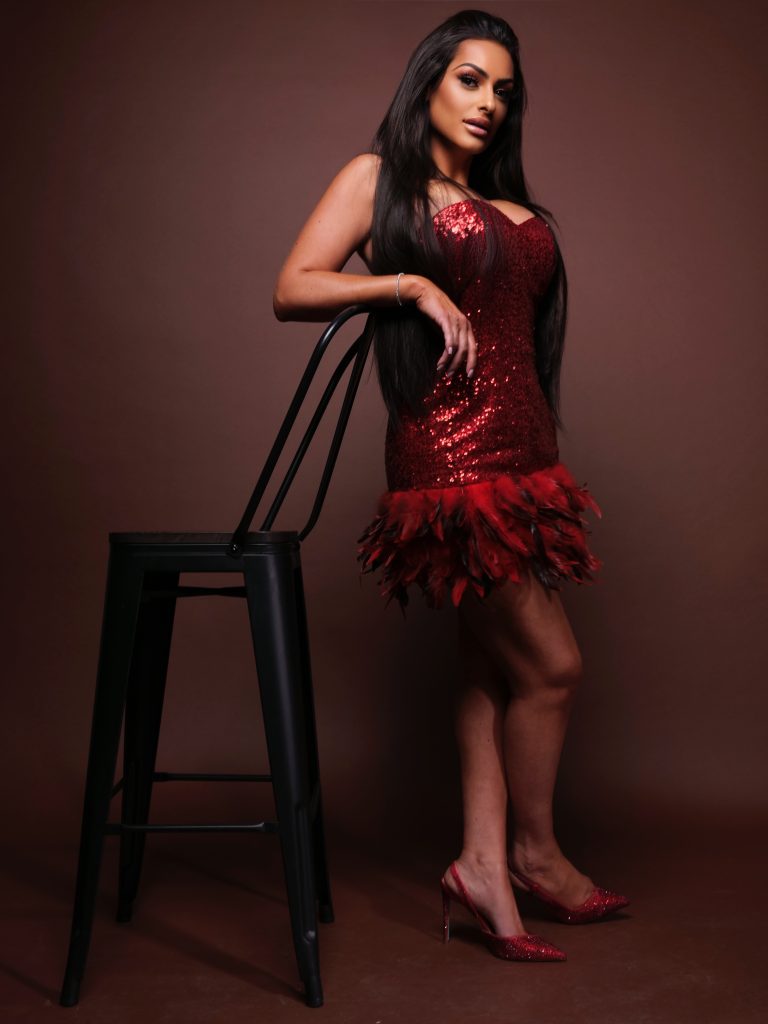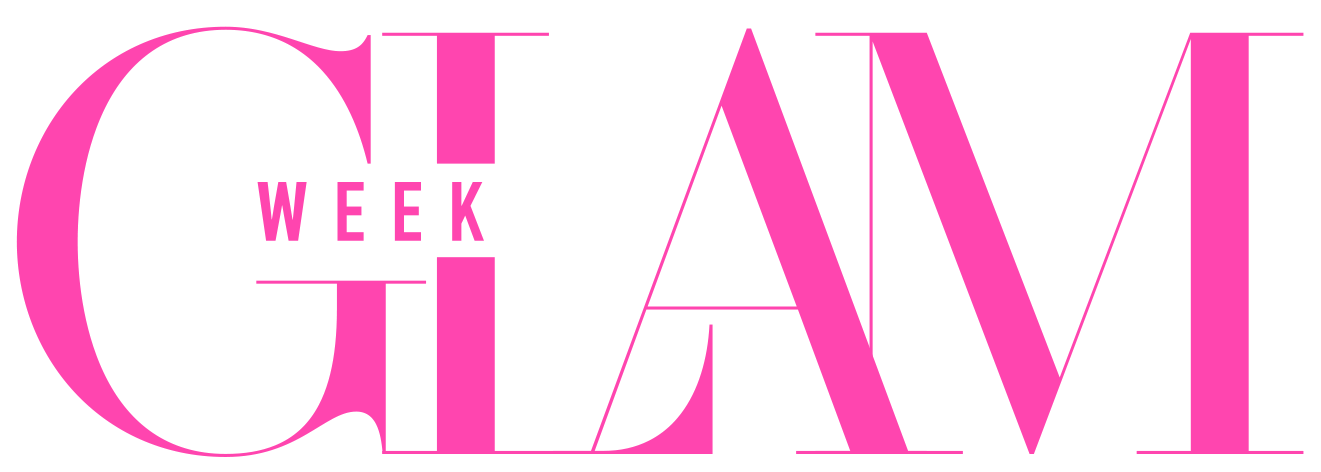
GEORGIANA LAURA FLORINCUTA: SACRA — The Art of Intelligent Simplicity
October 3, 2025
Jasmyn Blackburn: The Light Within
October 16, 2025
Radiant, resilient, and relentlessly inspiring — Emtiaz Youssif-Benford is a true force of nature. A U.S. Army veteran turned advocate, model, and pageant finalist, she carries the strength of her service into every step of her journey today. With grace and determination, she champions children’s health, autism awareness, and the well-being of veterans, proving that beauty and purpose shine brightest together.
In this exclusive GLAM Week feature, Emtiaz shares her story of courage, compassion, and commitment — a journey that transforms challenges into change and inspires others to rise with her.

You’ve dedicated much of your advocacy to children’s health, particularly in honor of your son. Could you share how his journey with autism has inspired you to become such a strong voice for awareness and support?
Of course. I am a huge advocate for autism and children with special needs. My son showed signs of autism at just six months old—shaking his head up and down constantly, and falling behind in motor skills. For example, he didn’t walk until he was eighteen months old. With the delays and the constant head movements, I knew there was a problem. I took him to nearly a dozen pediatricians, all of whom said his self-harm and delays were “normal.” I continued until we finally got a proper diagnosis at the age of three, which at that time was the earliest autism could be officially diagnosed. Early intervention is key, and I am proud to say I fought for that for him.


Beyond raising awareness, you’ve been deeply involved in hands-on charity work. What projects or initiatives have been most meaningful to you personally, and why?
When I was stationed in Ft. Bragg, NC, I started a raffle organization for babies and toddlers where low-income families could enter for free to win baby and toddler essentials. I gave away everything—formula, baby food, exercisers, bouncy chairs, cribs, toddler beds, clothing, educational toys, breast pumps—absolutely everything a family might need. If a prize was gender-specific, I always offered both options so no child was excluded. Unfortunately, I had to close the group when I relocated to another state, but it was deeply meaningful work.

As a medically retired Army combat veteran, you bring a unique perspective to veteran suicide awareness. How has your own service shaped your mission, and what message do you most want to convey to fellow veterans?
I am a strong advocate for suicide prevention, especially veteran suicide awareness. Too many soldiers return from combat without access to proper counseling or medication. Because of this, the statistic we face is devastating—22 veterans a day take their own lives. To me, that is unacceptable. We need to do more for our wounded veterans before it ever reaches that point. My mission is to be a voice for change within the VA system and beyond, ensuring no veteran feels abandoned.
Balancing pageantry, modeling, and advocacy can be demanding. How do you weave together your public role with your commitment to meaningful causes?
My role in the military taught me how to balance many responsibilities at once. Being in the public eye does not make me forget where I came from. I can walk into a soup kitchen in leggings and a t-shirt, ready to serve, because that’s who I am. Whether through an organization or on an individual level, I am always working to help others. That has always been a part of me.

Looking ahead, what goals do you hope to achieve through your platform—both in terms of advancing children’s health advocacy and supporting veterans struggling with mental health?
I plan to continue visiting children’s hospitals and working with organizations like the Children’s Aid Society in Harlem, NYC, to give kids more hope, help, and guidance. I also plan to stay active during Suicide Awareness Month in September, speaking about my own experiences and the impact of suicide on friends and loved ones. My goal is to use my story to touch lives and remind others that healing is possible.

